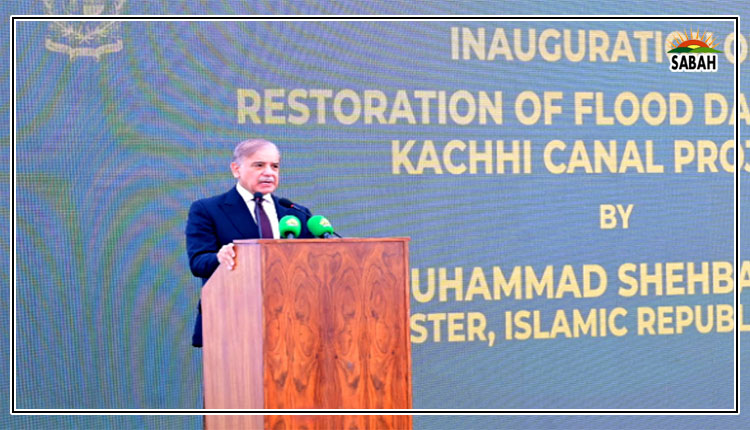What is PhD all about?… M Zeb Khan
Prof Dr Hafeez (late), in his introductory class on the philosophy of social sciences, asked us, “Why are you guys interested in PhD?” Answers to the question were varied but not much unanticipated. One student said PhD is a tag of one’s scholarship; another added it opens up new vistas of opportunities, and some others eulogised it for being a source of “special” knowledge. The professor smilingly nodded and then asserted that PhD is supposed to make you “abnormal” if done properly. We chuckled over hearing about our “not-so-kind” future waiting for us!
After reading our confused and gloomy faces, the professor scanned through the miserable life of philosophers right from Socrates through Karl Marx. He said unlike ordinary people, philosophers (by nature or nurture) never take things for granted. They question and doubt even their own cherished beliefs and convictions. They look beyond the apparent, talk above the common sense, and feel things deeply. They are ‘abnormal’ people endowed with restless spirit and inquisitive mind.
In the search for truth, order and beauty, philosophers most often forget or ignore material comfort and banal desires. They are more interested in observing objects and events to get food for thought than to think and reflect on how to get food. Socrates, for example, believed that unexamined life was not worth living. He was convinced that acquiring wisdom constituted the core and cord of human existence. Rather than accepting the prevailing myths, he tried to introduce a culture of logical arguments as basis for understanding natural and social phenomena. It, however, proved poignantly dangerous to go against established norms and beliefs.
Plato too lived a challenging life. Of particular importance was his work on epistemology — how do we know what we know? He attempted to distinguish between one’s subjective opinions and valid knowledge. Valid knowledge, according to Plato, is based on a claim about truth backed by evidence. It is the nature of evidence which has always been a subject of considerable debate and dispute.
Science, as a body of knowledge, demands empirical evidence (facts collected through observation and experimentation) for any claim to be accepted as true. Philosophy, on the other hand, relies on logic (mostly deductive and inductive reasoning) to draw conclusions. Religion refers to revealed scriptures for evidence. Both science and religion accord importance to the use of logic in inferring unknown phenomenon from some known facts.
Karl Marx devoted his entire life to understanding and resolving social conflicts. Though he himself lived in misery, Marx raised human consciousness about how class struggle translates into conflict. He rejected capitalism for its exploitative and dehumanising character. He was forced to live in exile for his revolutionary ideas.
Imam Ghazali had to undergo a different kind of misery. He wrestled with Greek philosophy, so vociferously advocated by rationalists on the one hand, and meditated profoundly to understand the underlying meaning and substance of the Holy Scriptures on the other. He even relinquished his job at Madrassa Nizamiyya and lived like a recluse for four years to look at Islamic injunctions from a Sufi perspective.
Questions that philosophy attempts to answer are enduring. No one can escape those questions. They relate to the nature of being, the basis of morality, and the purpose of life, etc. One may artificially and arrogantly avoid or rubbish these questions but no one can deny their impact on life. Hedonism may temporarily relieve man from answering perplex questions but such an attitude disconnects and alienates him from his true nature and thus deprives himself from enjoying the silent melody of his soul. Philosophers may have apparently a miserable life but they live today in their beneficent work and the memories they have left behind.
Doing PhD doesn’t make someone into an all-knowing creature. Its purpose rather is to develop a sort of critical attitude to verify existing knowledge and create new knowledge through reflection, critique and creativity. At its core PhD enables one to understand and conduct research so as to scratch the surface of what we see and hear and discover universal laws governing social and natural phenomena.
Courtesy The Express Tribune, February 20th, 2023.











